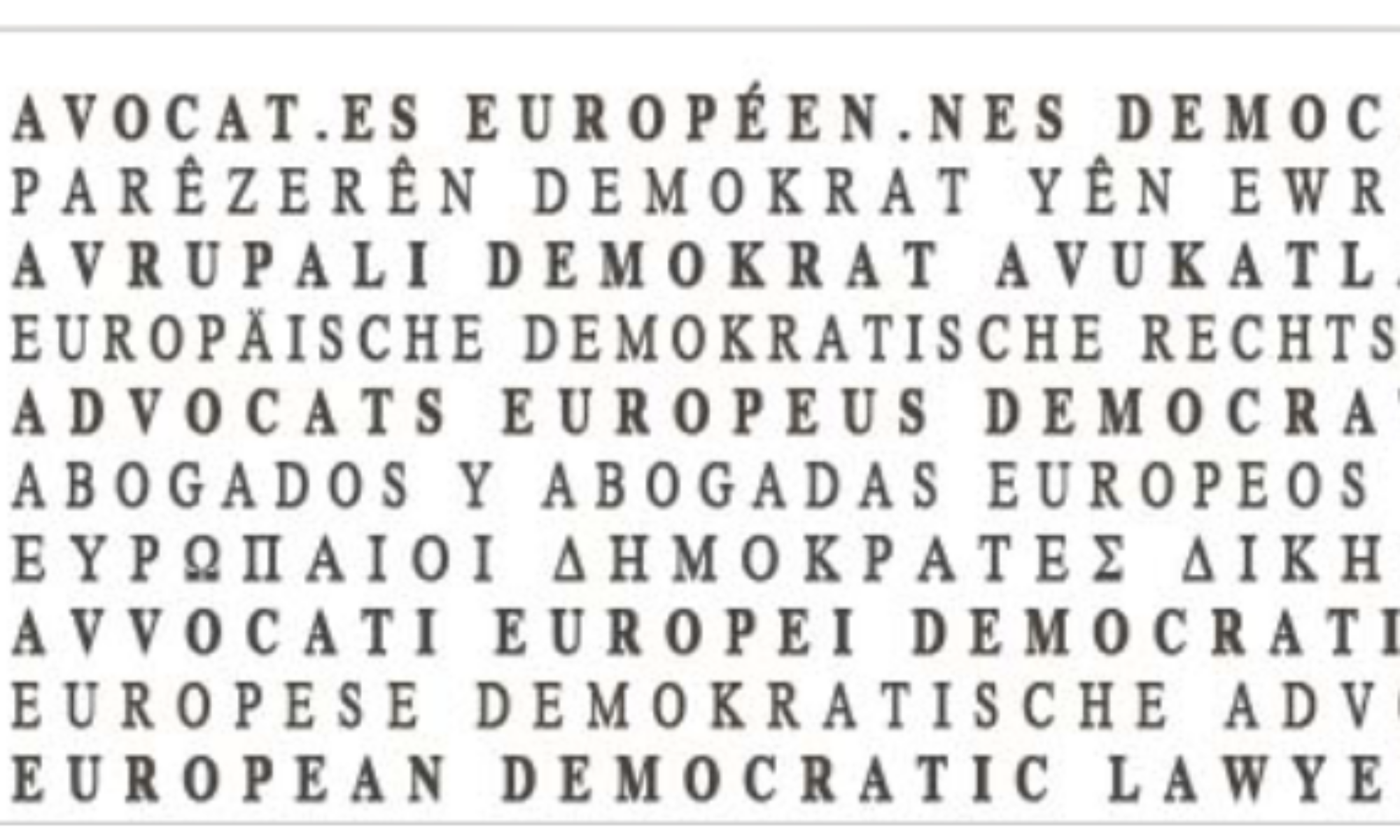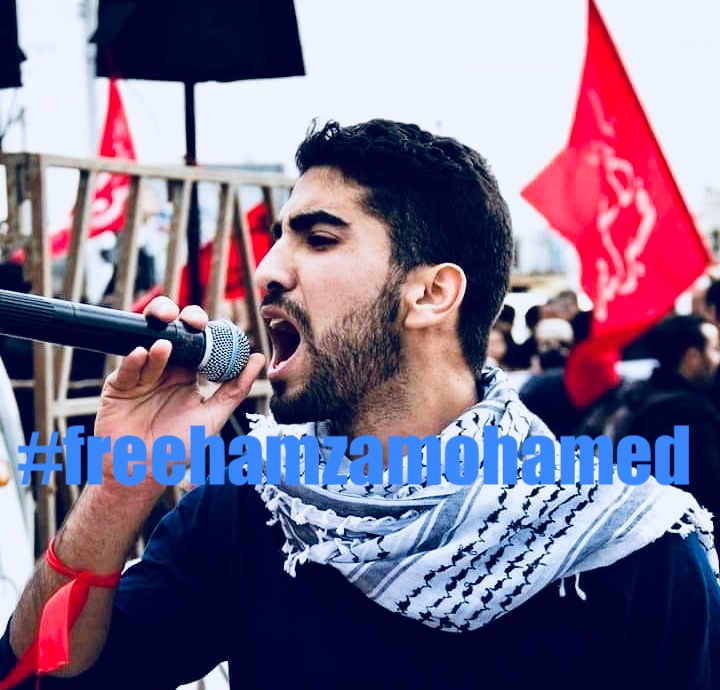The European Court of Human Right (ECHR) just took a decision in favour of the Spanish authorities, by endorsing the practice known as “push-back” of people trying to reach the Spanish enclaves of Ceuta and Melilla. Although another body of the Court had already condemned Spain in 2017 for this illegal practice[1], its Grand Chamber decided this time that Spain had not violated the rights of the exiles who had already crossed its border by sending them back to Morocco quickly and widely. With this highly serious decision, the ECHR legitimizes the generalization of the principle of non-refoulement. Furthermore, it endorses the impossibility of applying for asylum in case of illegal border crossing and welcomes the good collaboration with Morocco in the repression of exiles.
Migrants face refoulement practices all along their way at the EU’s external borders which are increasingly extending to the South, and to the East. They also face it when they try to cross the Sahara[2], the Balkan countries[3] or when they attempt to flee the Libyan hell[4]. This reality (which can lead to death in the most dramatic cases) also affects the European territory, as illustrated by the recurrent deportations of migrants at the French borders with Italy and Spain[5]. The refoulement practices are multiplying and have become an increasingly standardised form of management of the illegalised mobility that it’s necessary to stop by any means.
For at least two decades they have suffered from the violence of the Spanish border guards while trying to enter in the enclaves of Ceuta and Melilla. The Spanish militaries are not to be outdone: numerous NGOs reports show that Morocco regularly conducts violent repressions and roundups to keep exiles away from the border[6].
Despite this old and well-documented reality, the ECHR in its judgement of 13 February concludes that Spain has not committed any violation, finding “(…) that the applicants [had] placed themselves in an unlawful situation” by attempting to cross the Melilla border at an unauthorised location. It adds that “They thus chose not to use the legal procedures which existed in order to enter Spanish territory lawfully (…)”. Misleading argument considering only exiles who entered through an accredited border post could be protected from refoulement or that they could apply for asylum at the consulate without hindrance. However, numerous human rights organisations – whose reports were deliberately disregarded by the Court – have established that black people are especially tracked by the Moroccan security forces who prevent them from reaching the border posts of the enclaves. Access to the asylum office in Ceuta and Melilla (established in 2015) is thus impossible for them. They have no other choice but to climb over fences and their sharp blades, or set sail, risking their lives[7].
The ECHR, by reversing Spain’s conviction, gives a strong signal to the European States for the generalization of these violent practices of refoulement and to the legitimation of the externalisation of asylum. Indeed, by figuring that a Member State can restrict the right to seek protection on its territory in some places or some circumstances, the Court endorses practices contrary to international law and that the EU has been trying to promote for a long time: preventing the arrival of those who are looking for protection, either by erecting physical or legal barriers, or by subcontracting its obligations to countries notoriously hostile to migrants.
The signatory associations strongly condemn the Court decision. We refuse to allow the principle of non-refoulement, a cornerstone of the right to asylum, to be questioned in the name of the externalisation policy and of the borders protection of the EU and its Member States. We support migrants in the exercise of their freedom of movement, and we fight against the violence and racism that they suffer along their illegalized trajectories.
Signataries :
- Association Européenne pour la défense des Droits de l’Homme – AEDH (Europe)
- European Democrates Lawyers (Europe)
- Borderline Europe (Allemagne)
- Euromed Rights (réseau Euro-Mediterranéen)
- Group of lawyers for the Rights of Migrants and Refugees (Grèce)
- Lawyers for Freedom – OHD (Turquie)
- Migreurop (réseau Euro-Africain)
- Progressive Lawyers association – CHD (Turquie)
- Republican Lawyers Association – RAV (Allemagne)
[1] ECHR, October 3, 2017, N.D. et N.T. c. Spain, req. n° 8675/15 et 8697/15
[2] Amnesty International report, « Forced to leave – stories of injustice against migrants in Algeria », 2017 ; Alarmphone Sahara, « Octobre 2019 à Janvier 2020: Continuation des convois d’expulsions de l’Algérie au Niger », January 2020
[3] Le Monde « La Bosnie, cul-de-sac pour les migrants », December 30,2019 ; See also the website of « Welcome» which informs on violence in the Balkan countries. https://welcome.cms.hr/index.php/en/
[4] Brief n°7 « Libya: where thugs are funded by Europe to mistreat migrants », May 2018 ; Forensic Oceanography, “Mare Clausum”, May 2018
[5] ANAFE, Persona non grata –Conséquences des politiques sécuritaires et migratoires à la frontières franco-italienne, Observation report 2017-2018
[6] See for instance: Migreurop, « War on migrants – The black book of Ceuta and Melilla » 2006, Human Rights Watch « Abused and Expelled Ill-Treatment of Sub-Saharan African Migrants in Morocco », 2014 ; Caminando Fronteras « Tras la frontera », 2017 ; GADEM « Coûts et blessures – Rapport sur les opérations des forces de l’ordre menées dans le nord du Maroc entre juillet et septembre 2018 », 2019
[7] See for instance : collective report « Ceuta et Melilla : centres de tri à ciel ouvert aux portes de l’Afrique ? », December 2015 ; Third party intervention by the Council of Europe Commissioner for Human Rights – Applications No. 8675/15 and No. 8697/15N.D. v. Spain and N.T. v. Spain: https://rm.coe.int/third-party-intervention-n-d-and-n-t-v-spain-by-nils-muiznieks-council/1680796bfc ; Third party intervention by Aire Centre, Amnesty International, ECRE and the International Commission of Jurists: https://www.amnesty.org/download/Documents/EUR4191102018ENGLISH.PDF




